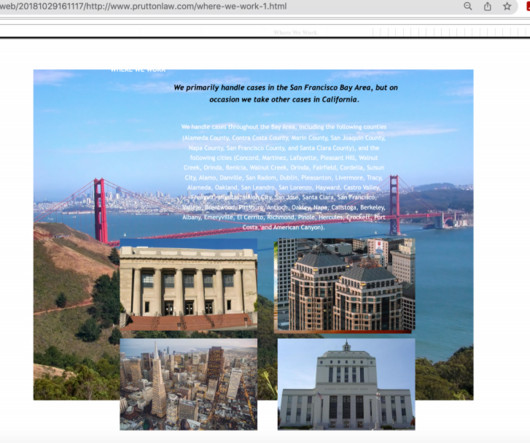Effective Access Controls, Timely Breach Notification, and Other Takeaways from the Latest NYDFS Cyber Resolution
Debevoise Data Blog
APRIL 14, 2021
The charges against First American Title Insurance Company are pending with an August 16 hearing date , and last month, the DFS reached its first full cybersecurity resolution with Residential Mortgage Services. This likely resulted in unauthorized access to certain customers’ nonpublic information.















Let's personalize your content